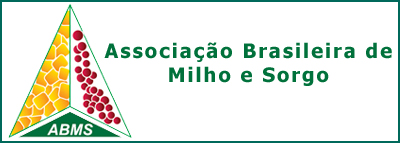INFLUENCE OF TRANSGENIC MAIZE ON BEHAVIOR OF ADULT FEMALE OF Spodoptera frugiperda (J. E. SMITH) (LEPIDOPTERA: NOCTUIDAE)
Keywords:
Zea mays, transgenesis, fall armyworm, plant-herbivore interaction.Abstract
It is known that genetic manipulation of plants can cause pleiotropic effects or mutations originated from the incorporation of an exogenous gene, which may interfere with foraging of herbivores. Little is known about how herbicide-tolerant plants (singular event), insect-resistant plants (singular event), and herbicide-tolerant plus insect-resistant plants (stacked event) affect foraging of Spodoptera frugiperda. The objective of this study was to evaluate if singular and stacked maize events interfere with the quantity and quality of S. frugiperda eggs. The hybrids DKB390 (VTPRO, VTPRO2, VTPRO3), DKB390 (isogenic) and Ag 3700 RR2 were evaluated. Choice and non-choice tests for oviposition preference of S. frugiperda, in plants with and without injuries, were performed in a greenhouse. The size of egg masses and the number of hatched larvae were evaluated. Larger egg masses and higher number of hatched larvae per plant were found in transgenic plants. The conclusion was that S. frugiperda females modify their oviposition behavior in the presence of transgenic and non-transgenic maize hybrids, especially when they are injured. However, the females do not discriminate between singular or stacked hybrid for oviposition.
Downloads
Published
How to Cite
Issue
Section
License
Authors retain copyright and grant the journal right of first publication with the work simultaneously licensed under the Creative Commons Attribution License that allows the sharing of work and recognition of the work of authorship and initial publication in this journal.
Authors are able to take on additional contracts separately for non-exclusive distribution of the version of the paper published in this journal (eg, in an institutional repository or publish as a book), with acknowledgment of its initial publication in this journal.
Authors are permitted and encouraged to post their work online (eg, in institutional repositories or on their website) at any point before or during the editorial process, as this may leadto productive exchanges, as well as increase the impact and citation of published work.



